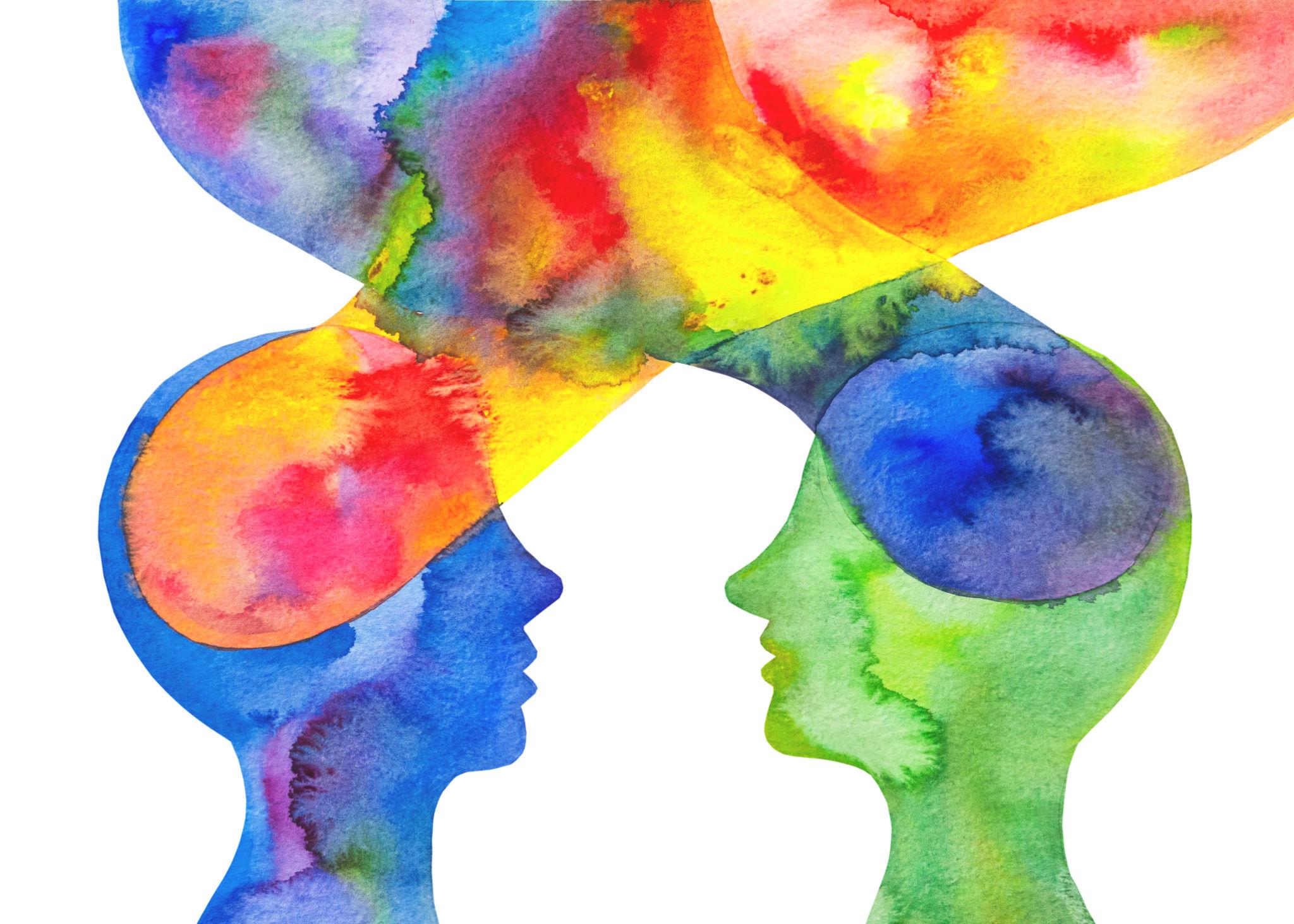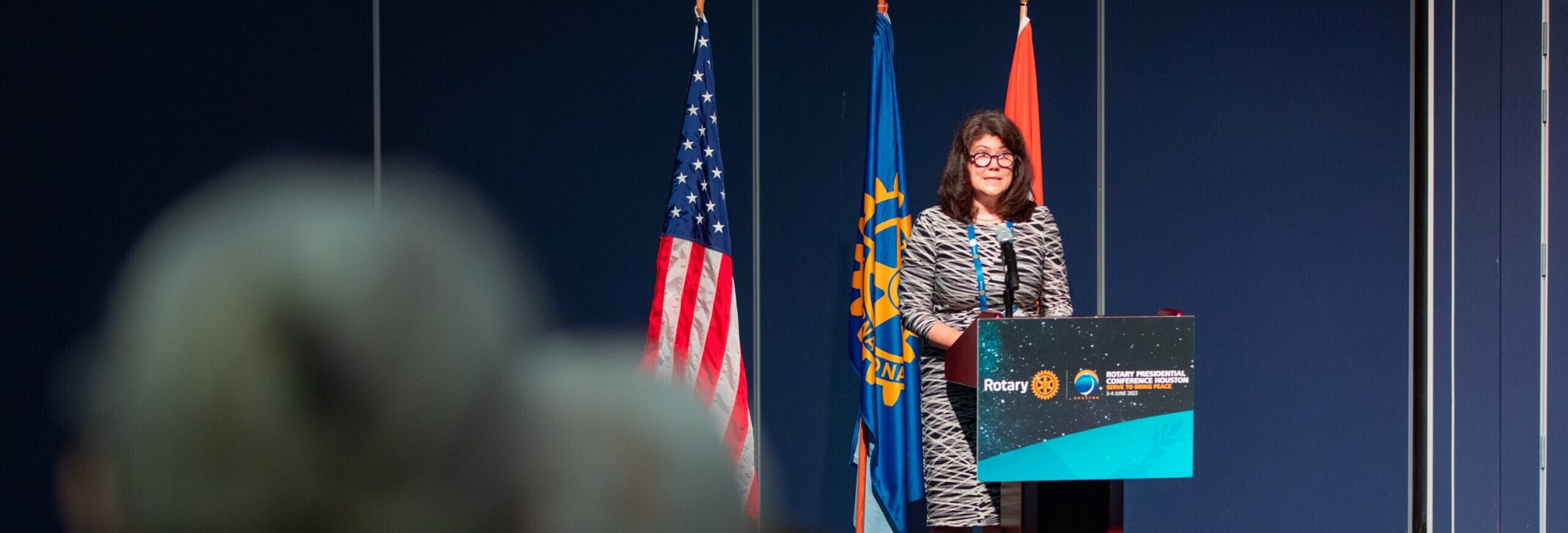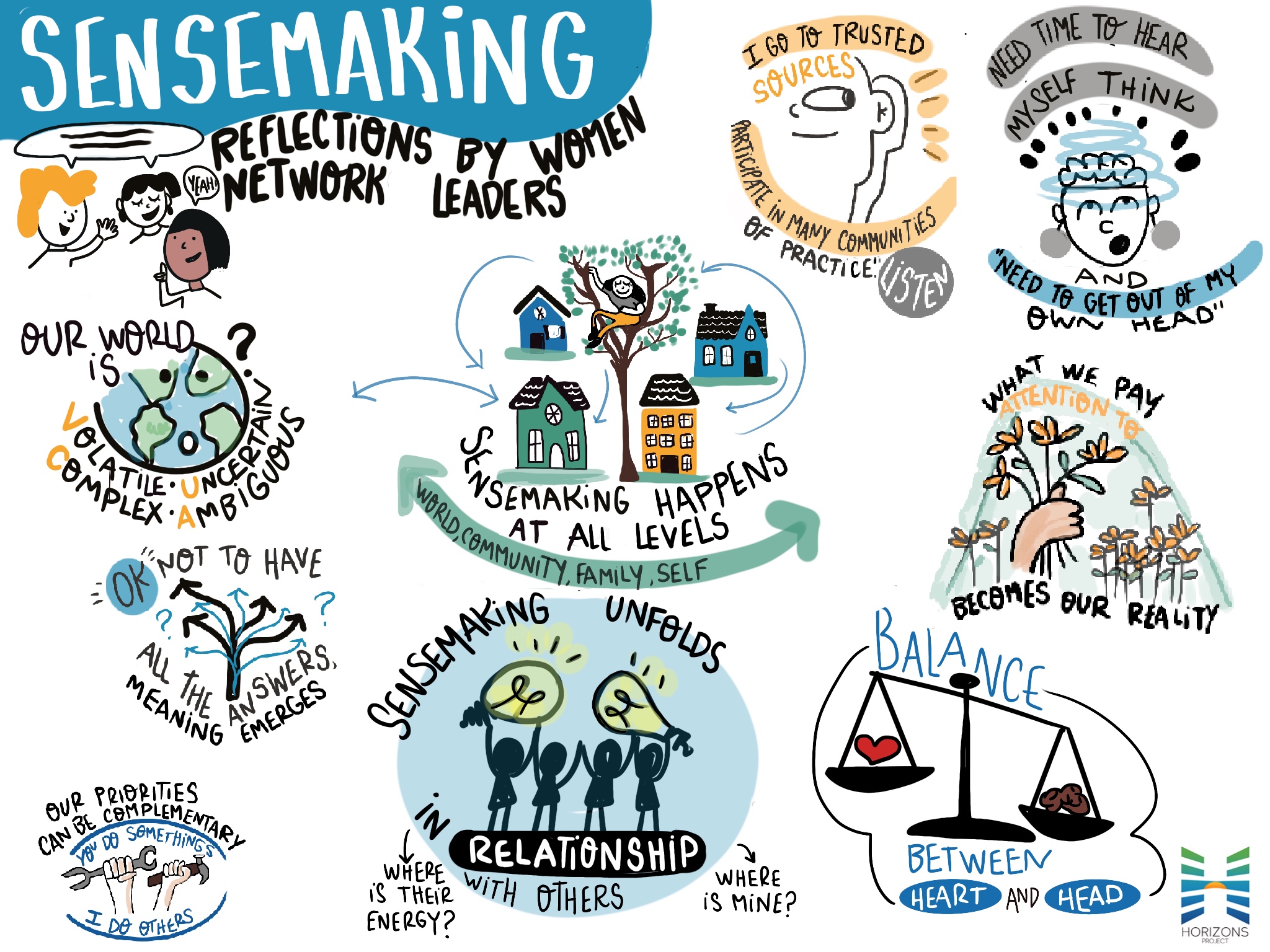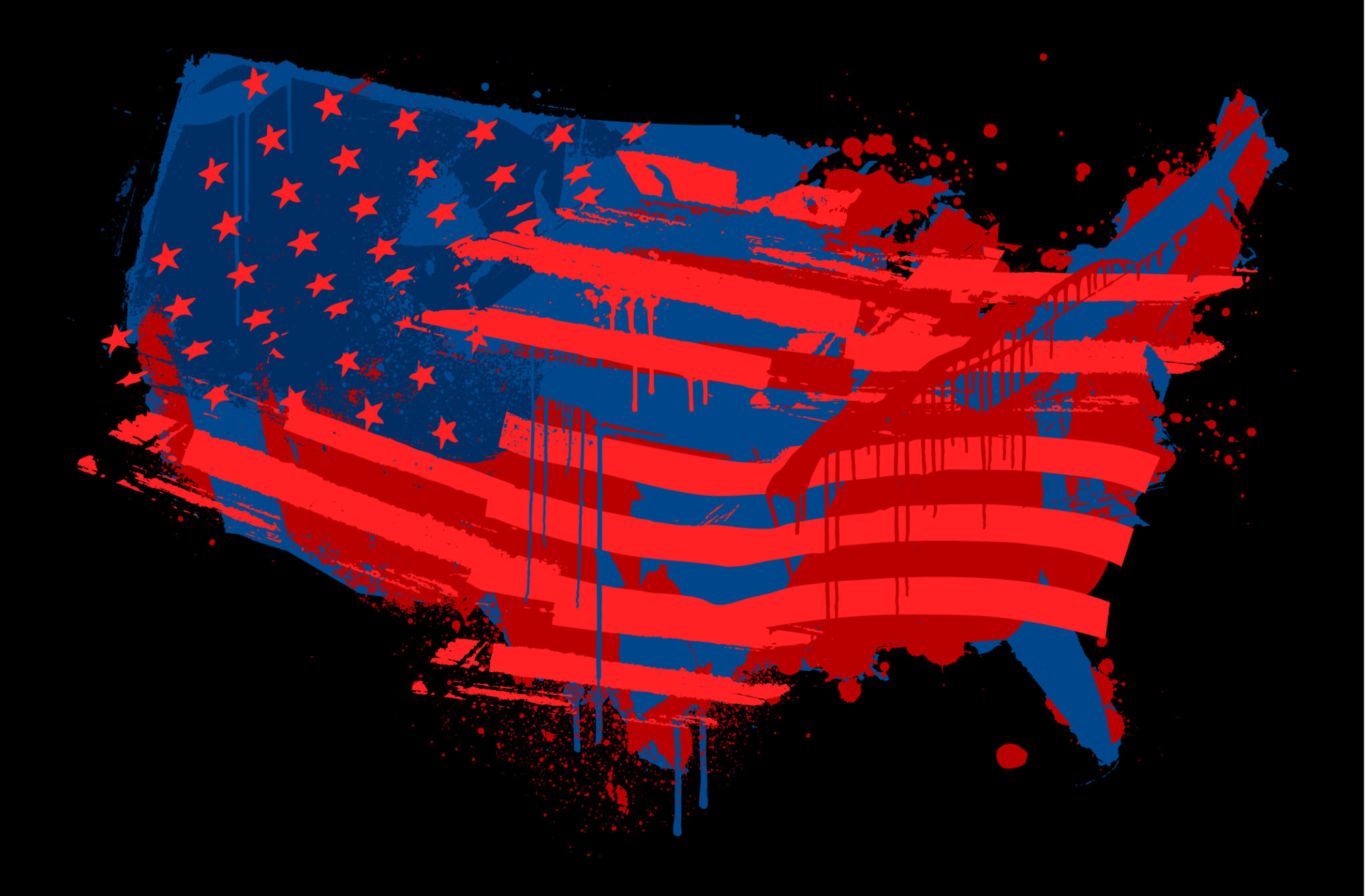Tag: Belonging

Calling in Calling Out
Building powerful movements for a just and democratic society requires tearing down the walls separating people and welcoming new people into the movement. It takes recognizing that individuals, shaped by...

SENSEMAKING WITH HORIZONS: The Alabama Brawl, August 2023
https://youtube.com/watch?v=Sf6npTNF8gs Jarvis Williams, the Director of Applied Research and Julia Roig, the Chief Network Weaver at Horizons come together in this short video interview to reflect on the “Alabama Brawl” that occurred...

How to rise above partisan politics to uphold our democracy
Recent polls have revealed that “threats to democracy” are a top priority for many of us living in the United States. On the one hand, this is good news. Acknowledging the...

Building A United Front
*This article was written by former Director of Applied Research Jonathan Pinckney. The scope of the challenges of democracy in the United States are vast. For a movement to protect...

Violence and the Backfire Effect
*This article was written by former Director of Applied Research Jonathan Pinckney. Any movement that seeks to stand up against powerful opposition and advocate on important political issues must be...

Bridge-Building and Power-Building: An Ecosystem Approach to Social Change

Rethinking “Polarization” as the Problem
On June 6, 2022 Horizons’ Chief Network Weaver Julia Roig, shared the main stage at Rotary’s 2022 Presidential Conference in Houston with Gary Slutkin, the founder of Cure Violence and Azim Khamisa, the founder...

Sensemaking
One of the three lines of work of The Horizons Project is “sensemaking.” As organizers and coalition-builders who believe in the power of emergent strategy, the practice of sensemaking is something...

Good vs. Toxic Polarization: Insights from Activists and Peacebuilders
Polarizing narratives are key tools of nonviolent mobilization and social justice activism. But today, deep-seated polarization, exacerbated by a growing faction that rejects basic democratic norms and practices, threatens the...

Democracy Narratives and Sacred Values
What are the common values that underpin US democracy? What is the “big story” we all share about how society should work and how we fit together as citizens? In...
